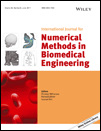 After issuing a retraction notice May 30 for a biomedical engineering paper, the journal has since pulled the notice, citing “a potential problem.”
After issuing a retraction notice May 30 for a biomedical engineering paper, the journal has since pulled the notice, citing “a potential problem.”
After doing some digging, we’ve learned more about the “potential problem.”
Apparently, the retraction was requested by Nanyang Technological University (NTU) in Singapore. NTU has been investigating the first author for months, after it received an allegation about an unrelated manuscript. As a result, NTU terminated first author Hamidreza Namazi‘s contract as a research fellow earlier this year.
As part of the investigation, NTU began to look at Namazi’s other papers, and discovered several with potential problems — including this one, which NTU believes did not receive proper ethical approvals. So it contacted the journal to raise its concerns.
Namazi, however, told us that he and his colleague obtained approval from another organization, but didn’t make that clear in the paper — so the journal has retracted its retraction notice while it investigates Namazi’s claim.
In place of the original retraction notice, a notice now reads:
Continue reading A retraction gets retracted — but the first author’s contract is still terminated
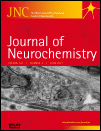 A neurochemistry journal has retracted a paper from a group in China over a duplicated image.
A neurochemistry journal has retracted a paper from a group in China over a duplicated image.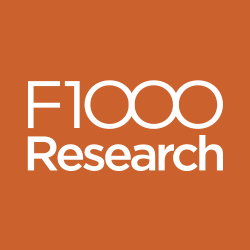 The authors of a popular — and heavily debated — F1000Research paper proposing a method to prevent scientific misconduct have decided to retract it.
The authors of a popular — and heavily debated — F1000Research paper proposing a method to prevent scientific misconduct have decided to retract it.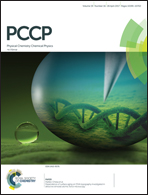
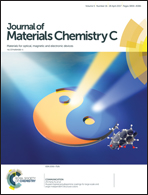

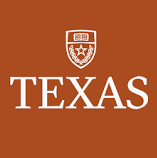 A scientist has
A scientist has 

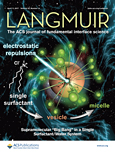 Despite a university’s attempts to avoid discussing a misconduct investigation involving one of its former (and prominent) researchers, we keep reading more about it.
Despite a university’s attempts to avoid discussing a misconduct investigation involving one of its former (and prominent) researchers, we keep reading more about it.